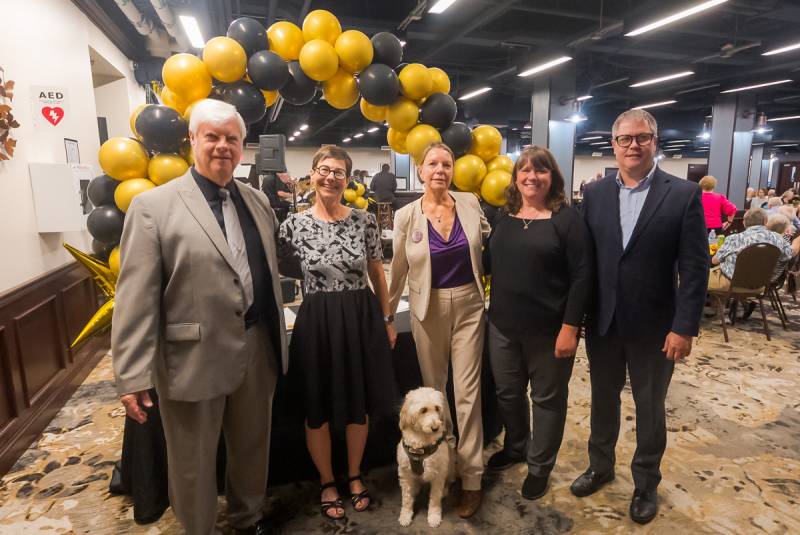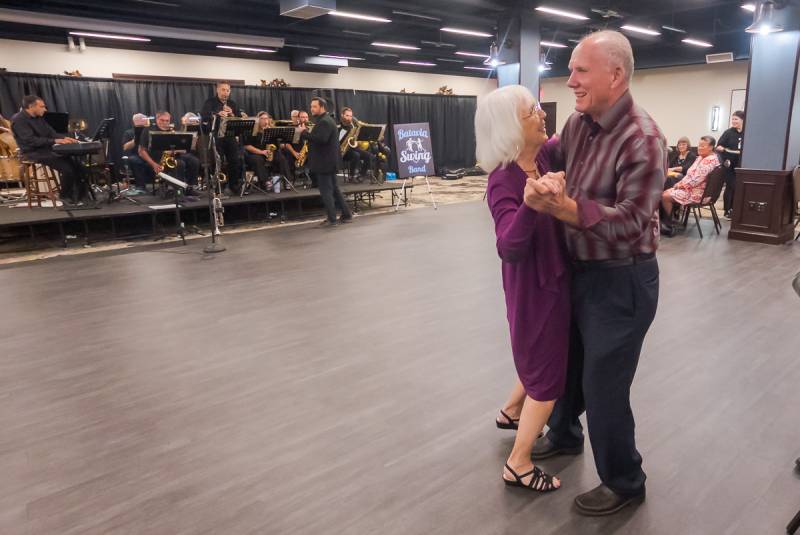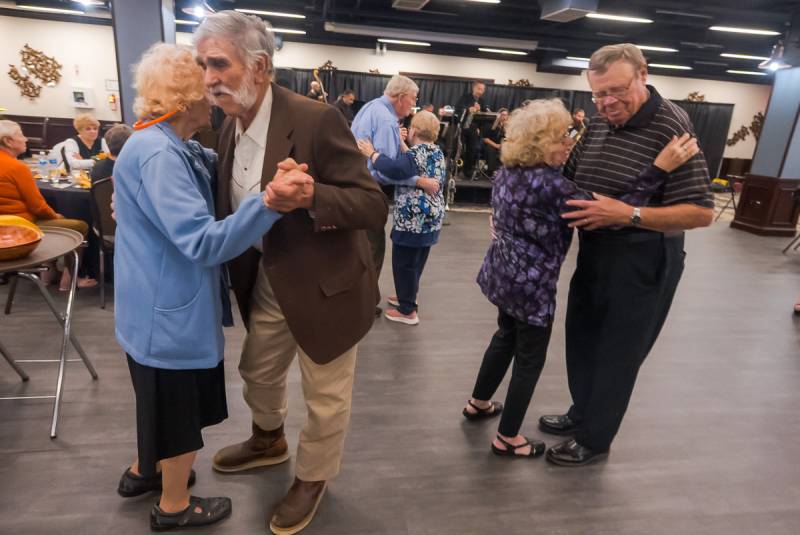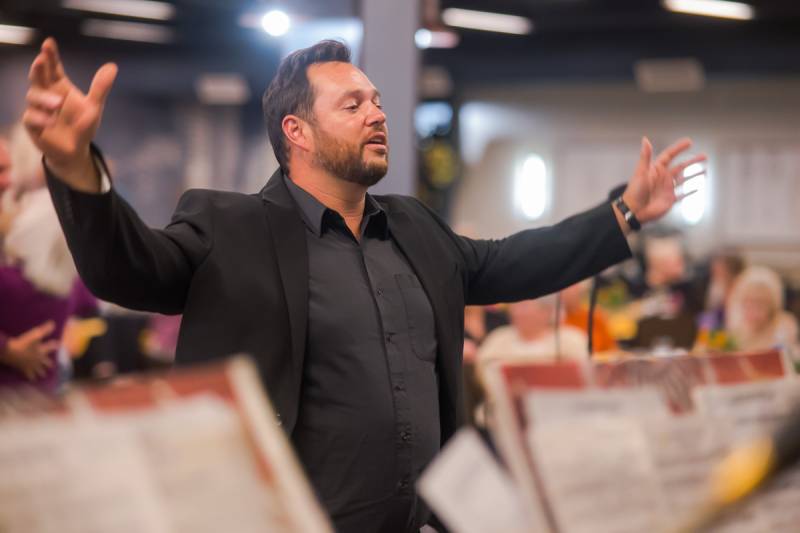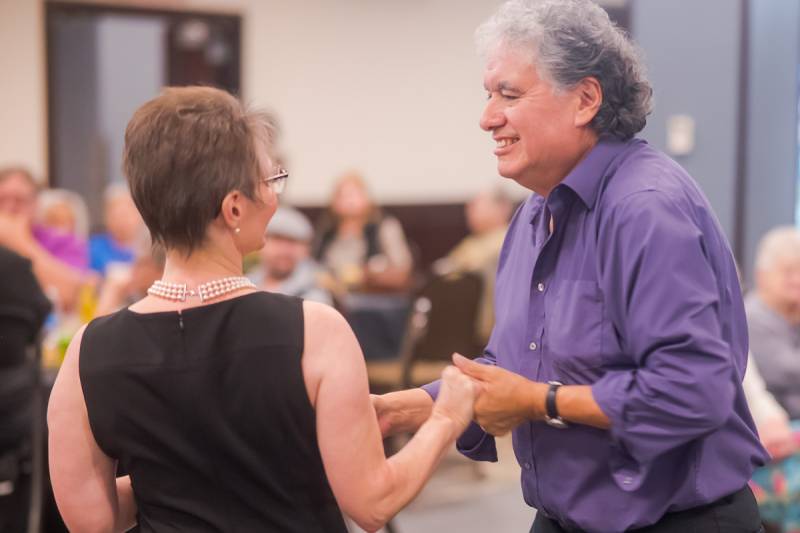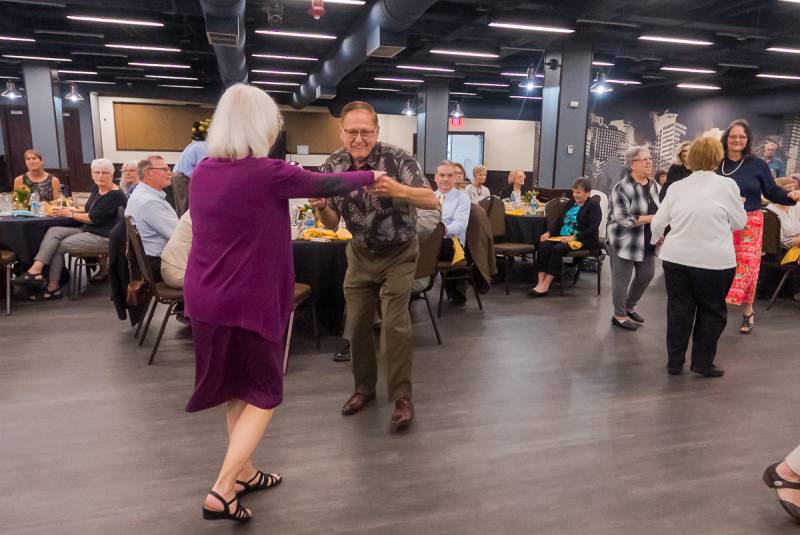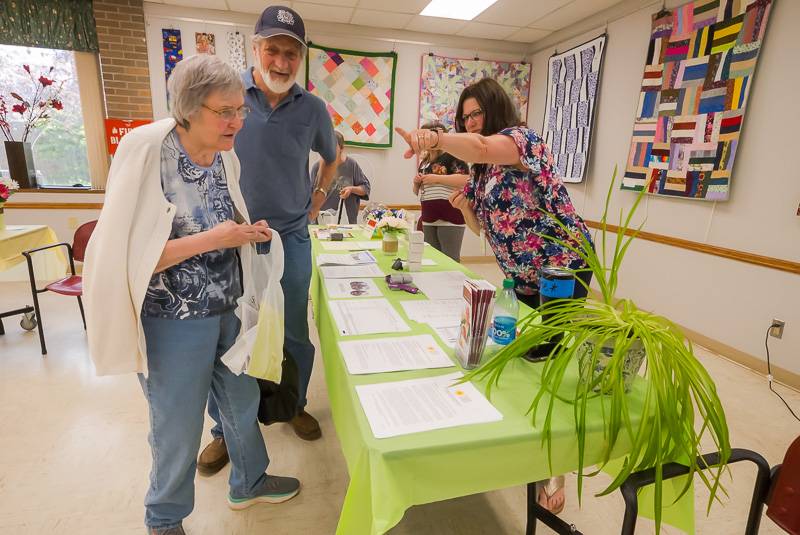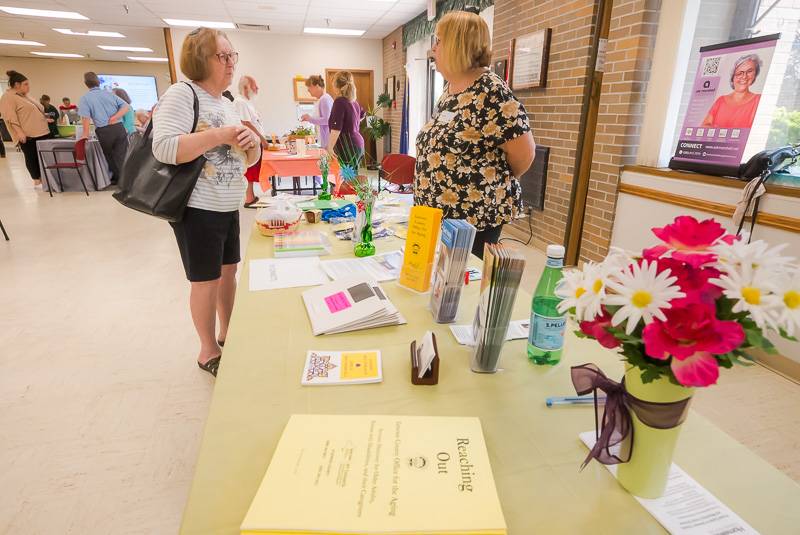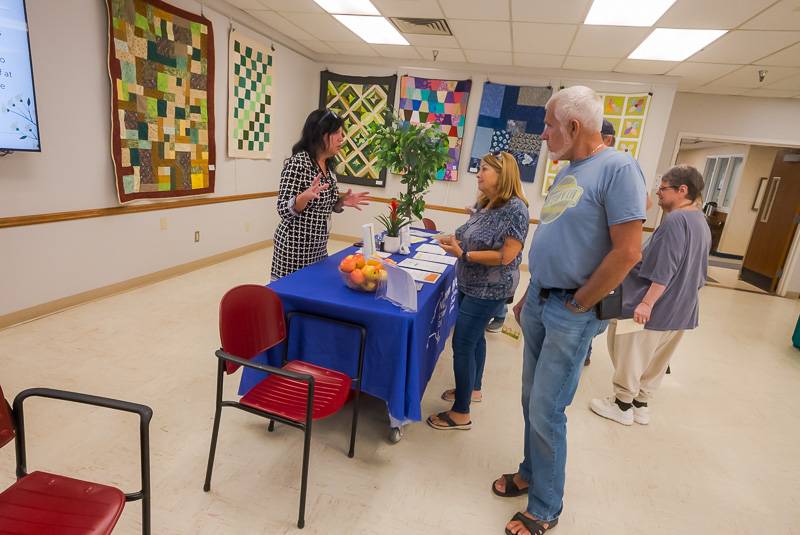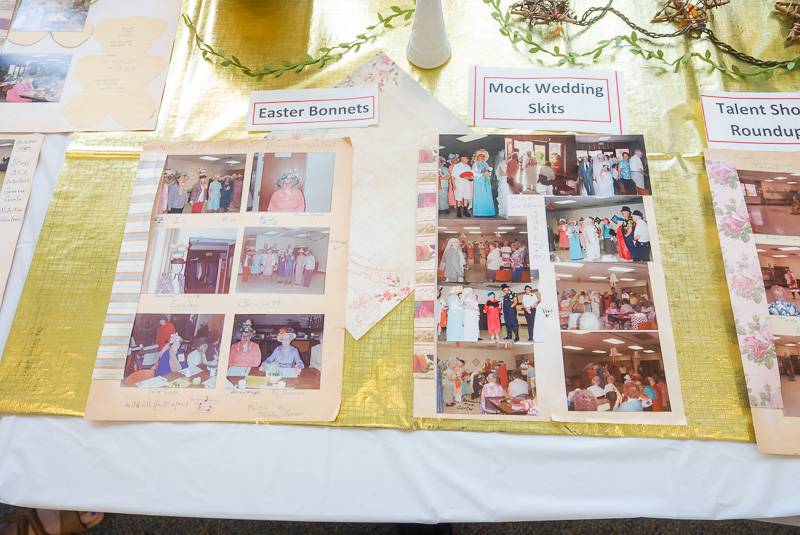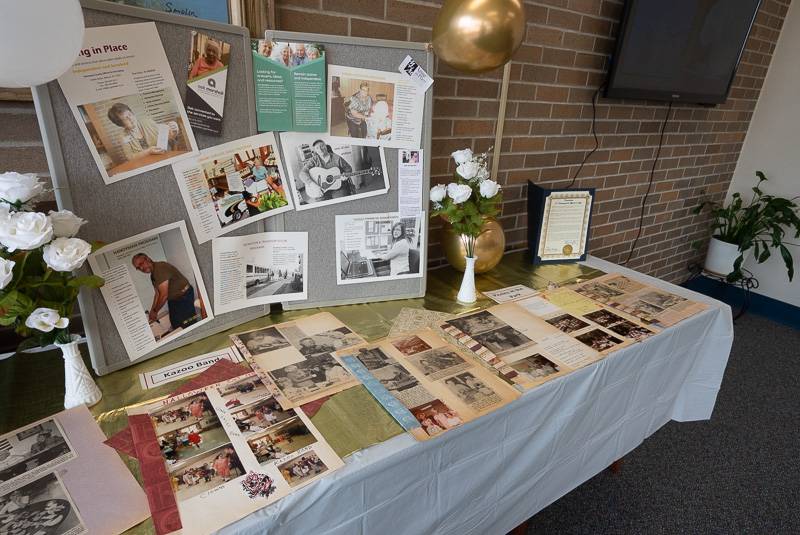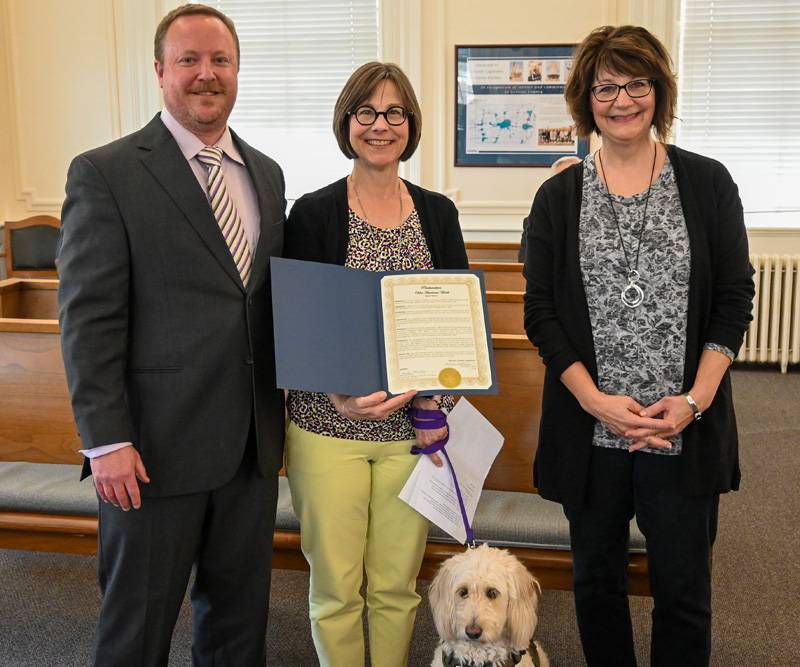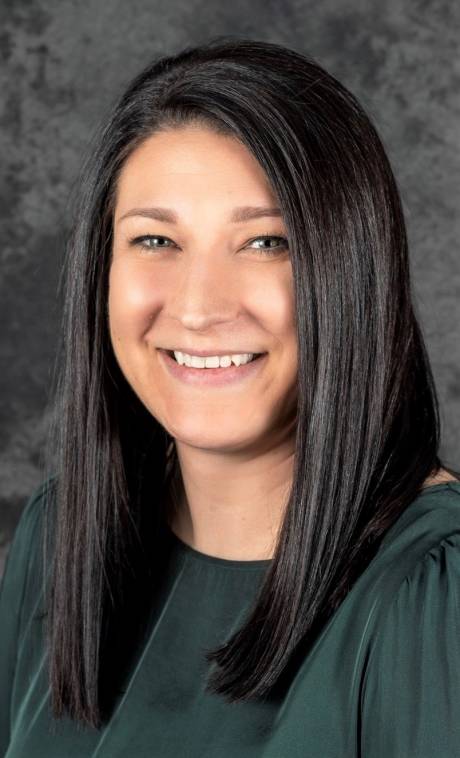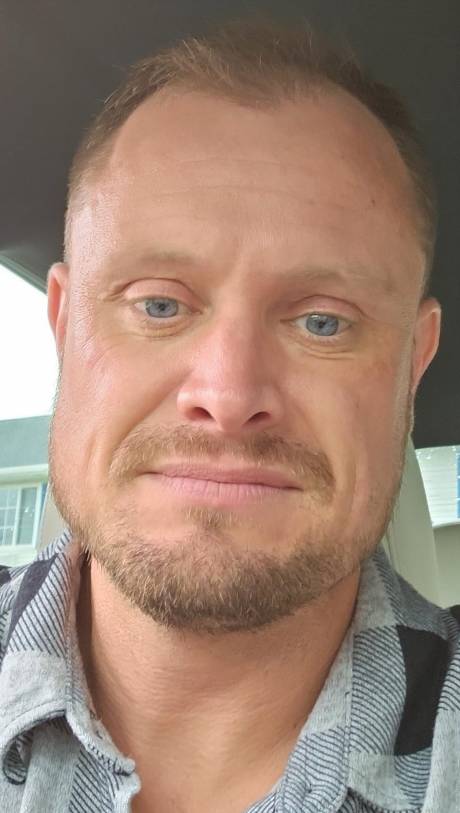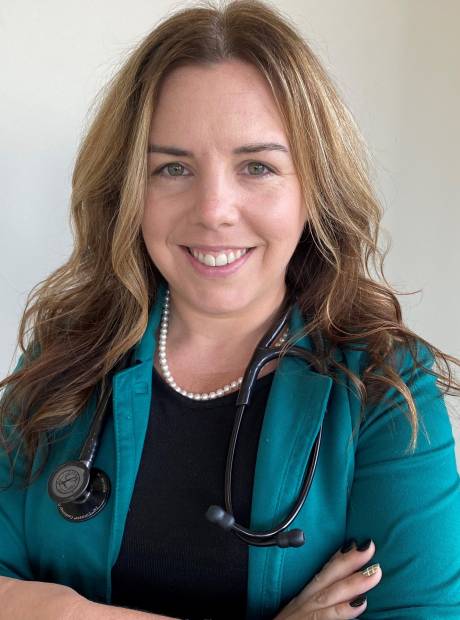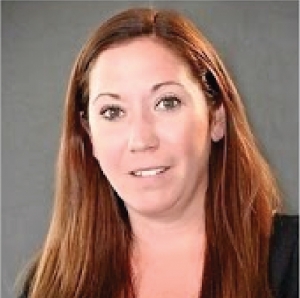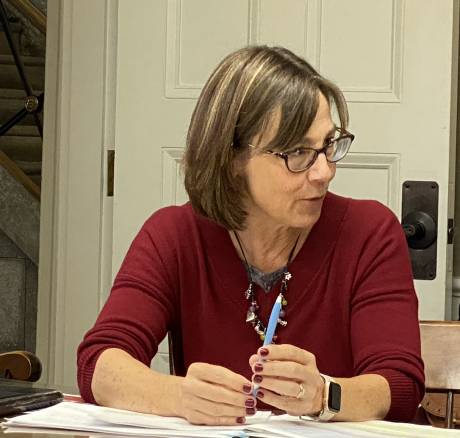A 'growing demand for resources' is reflected in growing budget request, shortage of home aides
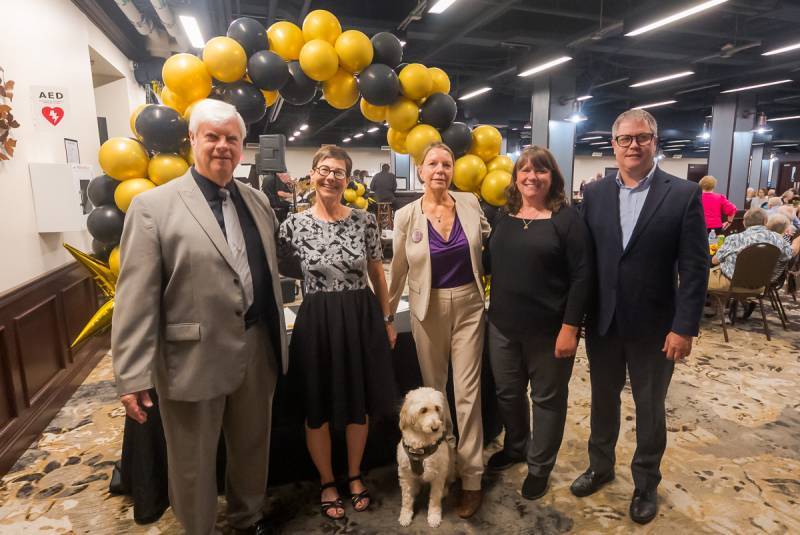
Photo by Howard Owens.
If it seems as though Diana Fox is a broken record each year, it’s because she’s sounding the same alarm of what’s to come for Genesee County as the year 2035 approaches: sky-high population numbers for people aged 60 and older as those demographics have continued to increase from 2010 -- with no answer yet to the homecare aide shortage.
And as director of the county’s Office for the Aging, Fox has kept a wary eye on her department’s rising costs in direct relation to staffing needs for the assorted care needed by that age group, she says.
“The 2025 budget increase is influenced by rising salary/fringe benefits and contractual services, which are necessary to meet growing service demands. This is something the OFA, like other County departments, is factoring into future planning,” Fox said to The Batavian. “My biggest concern is to make sure we are in a position to provide what our community needs and is going to need in the coming years with the changing demographics.”
Fox has requested a 2025 budget of $2,742,738, an increase of $330,325 from the 2024 adopted budget. This includes $1,675,997 for salaries/fringe benefits, $20,280 for equipment, and $1,046,461 for contractual costs, plus a proposed net county support of $430,695, for an increase of $102,412.
While it may seem like a bit of the boy crying wolf after a few go-rounds, it’s a building phenomenon of an older population that wants to remain at home, but could use some assistance from a home health care worker for that to happen. The problem is that there’s a shortage of home health care aides to fill the demand, Fox said — a problem that has been front and center now for at least the last few years.
This isn’t just a local issue, as one of the most significant national trends among older adults is the desire to receive services at home, said Lauren Casalveri, vice president and chief Medicare officer for New York and New Jersey at CVS Health.
While these types of jobs would provide crucial services to seniors, they often don’t pay well or hand out decent, if any, benefits, and can be physically and emotionally draining career choices given the low monetary payoffs. (See also Conundrum of aging and Seniors on wait list for an aide get potential lift.)
And if you’re not a senior, or don’t have a parent or grandparent in that position currently, this won’t seem like a big deal. But give it five years, or 10. By 2035, there are to be 20,000 people aged 60 and older, with about 16,000 of them 65-plus, 7,000 75-plus and about 2,000 85 and older. One way or the other, the county will be caring for a whole lot of seniors, whether it’s at a nursing home, assisted living, or at one’s own home, and this will include Medicaid and Medicare assistance.
Office for the Aging prevents and delays the spend down to Medicaid, as well as in appropriate utilization of skilled nursing facilities and emergency departments, Fox said in her annual report, by engaging the community, from healthy older adults to those most at risk, by addressing the social determinate of health.
These determinate are “individual behaviors, social and environmental factors that, together, make up more than 60% of all health care expenditures,” she said. “Interventions to address them comprise only 3% of national health expenditures, with 97% going to medical services.
“Genesee County OFA’s role is essential for the continued health and well-being of individuals and families in our community, especially as our older adult population continues to grow larger,” she said. “We provide services in a person-centered way, while coordinating and working with other systems at a fraction of the cost of institutional care options.”
Area Agencies on Aging (AAA) have served as local leaders on aging, she said, by planning, developing, funding and implementing local systems of coordinated home and community-based services.
These agencies lead local networks of providers to deliver services to older adults and include information and referral assistance, in-home care, congregate and home-delivered meals, adult day care, case management, transportation, legal services, and caregiver support/respite and more, she said. That is, of course, when there are caregivers available.
In Genesee County, this network serves 324 people aged 60 and older with core services, including personal care, home delivered meals and case management. These services are targeted to older adults who are the most vulnerable in need and promote health and independence, and prevention health care spending and placement in long-term care facilities, according to her report.
“The report emphasized the growing demand for resources due to the aging population in Genesee County, especially in relation to in-home care services,” Fox said. “The Office for the Aging's (OFA) role in preventing the need for more costly institutional care was also highlighted, along with the need for solutions to meet these demands. Key points included the 2025 budget, program expansions, and challenges in addressing shortages of homecare aides and support services.”
The Batavian asked Fox if she agreed that it would be beneficial for educational institutions to offer more courses and/or programs aimed at home care to ramp up the field and offer more information to job seekers.
“I am supportive of more educational focus to encourage individuals to enter this workforce,” she said. “Given the growing demand, this field offers job security and stability, making it an attractive option for students and career changers alike.”
A recent housing needs assessment showed that housing of all types and income levels are needed, including for seniors looking for low maintenance rentals or wanting to rehab their current houses to remain where they are. By the end of 2024, OFA will have installed three ramps, one stair lift and six walk-in showers as part of those required modifications.
The agency’s clients receiving monthly services are five for laundry; 10 for cleaning; 34 for personal emergency response systems and 17 to obtain incontinent supplies, Fox said. Wait lists continue for homecare aides, and availability remains at critically low levels nationwide, she said.
“We continue to have state unmet needs funds to come up with creative solutions to address the aide shortage, but it’s not going to solve the overall problem of those who truly need in-home aides to help with personal care, toileting, etc.,” she said. “Our state and federal associations continue to advocate for better direct care worker funding and career packaging in order to hopefully entice individuals into this workforce.”
OFA averaged 42 clients for that Unmet Needs Fund during the year, she said, and 57 people are waiting for homecare aide service.

